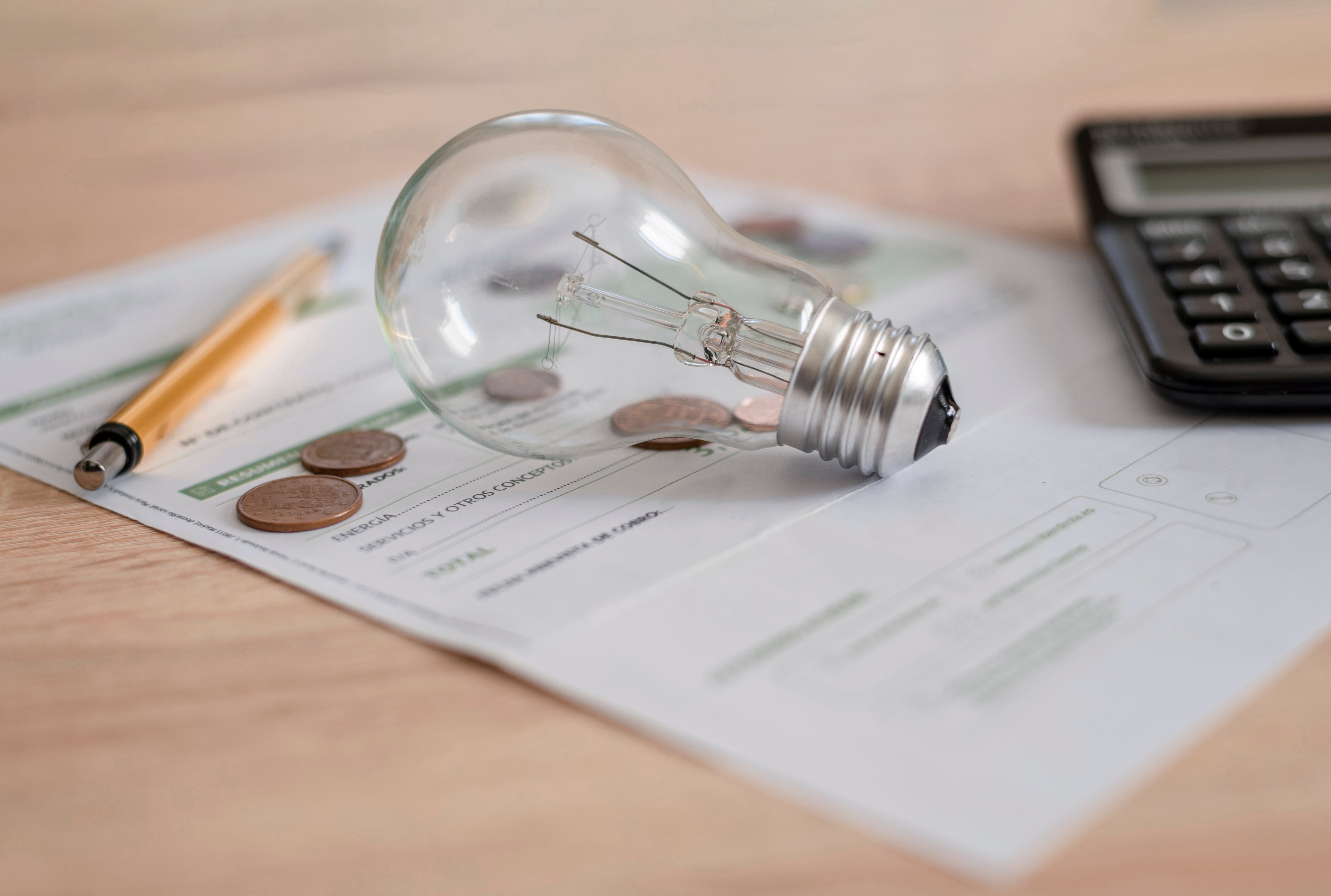How do you report a power outage? For many Texas residents, the answer is not clear.
You may be wondering how to report a Gexa Energy power outage, but when it comes to power outages, Texas’ deregulated markets are handled by transmission and distribution utilities (or TDUs). That means that you need to contact your TDU to report any power outages.
If this is confusing, don’t worry. We’re here to help. In this blog post, we’ll cover how to report a power outage and who to call for power outages.
{{CTA-Plans}}
First, determine who is affected by the power outage.
Before submitting a report, make sure the power outage isn’t only affecting your residence by checking with neighbors or contacting your TDU to find out if others have also lost power.
If you are the only customer affected by the outage, it could mean:
- There is not a true power outage
- Your main breaker has tripped
- Your electricity has been shut off due to nonpayment or billing issues
Once you’ve ruled out these possibilities, you’re ready to report your outage!
Who should you contact about your power outage?
The transmission and distribution of electricity is handled by TDUs. You should always contact your TDU because retail electric providers (REPs), like Gexa Energy, deliver energy through your TDU. You do not need to call your REP to report a power outage.
Find the TDU for your location.
Gexa energy plans are available with several TDUs. You’ll need to know which TDU handles electricity for your area, and how best to reach them. You can find information on Texas TDUs below. For an abbreviated list, you can also visit our page for emergency and outage numbers.
Once you determine who is your TDU, you can contact them to ensure they send timely assistance to get you back online.
CenterPoint Energy
Area served: Houston Metropolitan Area
Customer Service/Outage Reporting:
(713) 207-2222
or
(800) 332-7143
Oncor
Area served: DFW metroplex, Dallas, Odessa, Tyler, Waco, Fort Worth, Killeen, Wichita Falls
Customer Service/Outage Reporting:
(888) 313-6862
Email customer service at contactcenter@oncor.com
Visit Oncor’s website to:
Texas-New Mexico Power Company
Area served: North Central Texas, Texas Gulf Coast, West Texas
Customer Service/Outage Reporting:
(888) 866-7456
View outage map for estimated restoration time
Visit TNMP’s website for additional information
AEP Texas Central
Area served: South Texas, Corpus Christi, Laredo, McAllen, Victoria
Number of customers: ~800,000 customers
Customer Service/Outage Reporting:
1-877-373-4858
Check the status of an outage here or call 1-866-223-8508
Visit AEP Texas Central’s website for additional information
AEP Texas North
Area served: 11 states, Texas locations include Vernon, Abilene, and San Angelo
Customer Service/Outage Reporting:
1-877-373-4858
Check the status of an outage here or call 1-866-223-8508
Visit AEP Texas North’s website for additional information
Lubbock Power & Light (LP&L)
Area served: Lubbock
Customer Service/Outage Reporting:
Phone: (806) 775-2509
Visit LP&L’s website for additional information including outage tracking, customer service forms, and more about their services.
What should you do once you’ve reported the outage?
Once you’ve figured out how to report a power outage in your area, follow these steps:
- Turn off major appliances and electronics to avoid damage
- Turn off lights inside the house to ensure your safety
- Be mindful of how long the repair process will take
- Register for service updates from your provider (including outage reports, alerts, safety tips, and more)
TDUs work as fast as they can to restore power.
Your TDU always wants to provide safe and reliable service. The power will be restored in due time, and it’s important to know that people are working hard to ensure you’re back online as quickly as possible.
Other tips for navigating a power outage.
Texas power outages have been known to have serious consequences. These power outage tips can help keep you and your family safe, as well as reduce any harm caused by the loss of power you’ve experienced.
- Keep your fridge and freezer closed
- This will help the food stay cold and last for as long as possible.
- If you’ve lost power for an entire day or more, it’s best to discard perishable food items or store them in a cooler with fresh ice.
- Don’t use natural gas appliances
- These items can cause carbon monoxide poisoning if proper ventilation is not available.
- Identify heating and cooling locations in your area
- Areas that are prone to power outages during extreme weather often have established heating and cooling locations. These can be places like churches or other public buildings with generators.
- Invest in your own backup generator if possible
- This will allow you to keep your home’s temperature regulated and preserve perishable goods when the power grid is down.
- Use surge protectors to keep your appliances and electronics safe
- Power surges can cause major damage to electronics and appliances; surge protectors help minimize that risk.
- Be prepared with alternate sources of light
- Flashlights, lanterns, candles, and other small light sources can make a big difference when you’re trying to navigate a power outage in the dark or at night.
- Keep a stock of non-perishable foods
- Having canned goods and dry foods available in your household keeps you from needing to use appliances like your refrigerator or stove.
- Anticipate medical needs in case of emergency
- Always have a first aid kit and any other medical devices or medications your family may need in case of emergency or if you’re unable to access health resources.
Now you know what to do in case of a power outage in Texas!
Keep these tips handy and make sure you’re ready should there be a power outage near you. And don’t forget to share this information with others in your community.
If you want to learn more about your home electricity, visit Gexa Energy. You'll find tips on saving energy, comparing electricity plans and other helpful information.






































